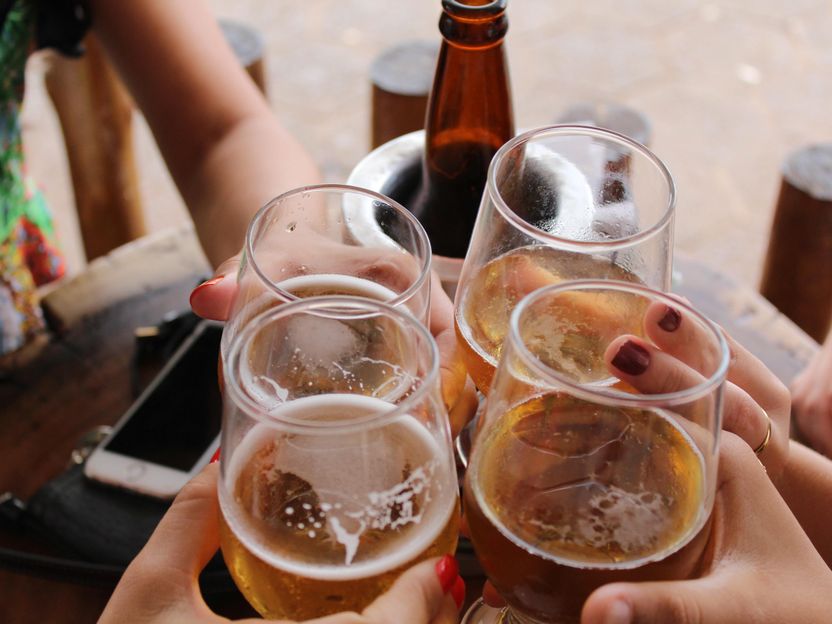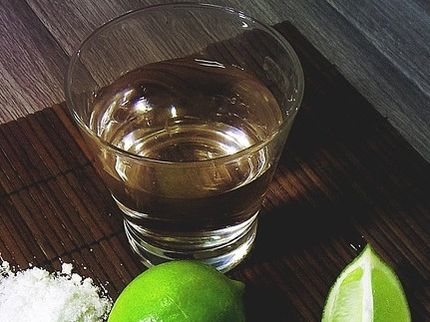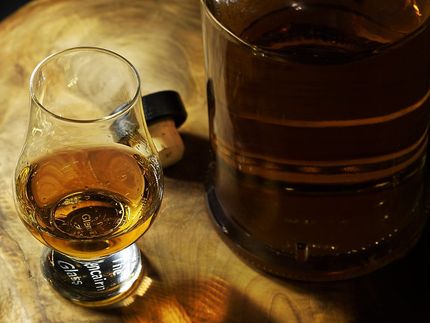South Africa urged to cancel alcohol prohibition quickly or risk devastating consequences
The only country in the world to have re-introduced a complete prohibition on alcohol sales in response to COVID-19
spiritsEUROPE urges the South African government to provide a clear and reliable timeline to quickly lift the total ban on the sale of alcohol which it has imposed in response to COVID-19.

Photo by Giovanna Gomes on Unsplash
The alcohol beverage sector is one of the country’s biggest employers, accounting for more than 1,000,000 direct and indirect jobs. The ban is having a devastating impact on small farmers, distilleries, packaging companies and hospitality outlets, many of which now face bankruptcy.
South Africa first imposed an outright ban on 27 March and lifted it on 1 June, but only to re-impose it without notice on 12 July. This makes it the only country in the world to have re-introduced a complete prohibition on alcohol sales.
While no clear evidence on the efficiency of such a measure in the COVID-19 context is available, we know that it has given rise to a sharp increase in illicit consumption and trade accompanied by high-risk behaviour and rising criminality rates. During the first ban, 476 liquor outlet robberies were reported. It is expected to take years and considerable financial resources to curb the illicit trend and bring back consumers into the legal system.
The ban also has dire economic consequences for the entire supply and distribution chain, hurting smallholder farmers who produce grains and grapes, as well as distributors and sector workers. The total loss in taxes (excl. excise tax) for the first ban was R13.9 billion. Assuming an additional 9-week ban will increase the potential loss to between R23.8 billion. The latter is equivalent to 1.9% of tax income (excl. excise tax).
The total loss in excise taxes for the first ban was R4 billion. Adding another 9-week ban will increase the potential loss to R7.2 billion. The latter is equivalent to 17.6% of excise tax income.
The ban is of course also felt among major trading partners such as the European Union (EU). South Africa is the prime export destination for European spirits in Africa with exports amounting to EUR 255mn in 2019.
“The ban rips away all the benefits from the Economic Partnership Agreement between the EU and South Africa at a time when we should actually find ways to deepen our trading relations to support each other’s recovery processes.”
“Banning sales also means banning imports of European spirits, while South Africa continues to export particularly wine which has 110 million litre quota duty free export into EU under the EPA – contributing to R5,7 billion in net exports earnings for SA on alcohol. Our member companies operating in South Africa are deeply concerned about the uncertainty of current trading conditions. The lack of clarity on whether and when the ban might be lifted makes business planning impossible. We therefore need a clear and reliable timeline,” Ulrich Adam, Director General of spiritsEUROPE, said.
spiritsEUROPE urges the European Commission to foster a dialogue with the South African government on this issue.
Most read news
Other news from the department business & finance

Get the food & beverage industry in your inbox
By submitting this form you agree that LUMITOS AG will send you the newsletter(s) selected above by email. Your data will not be passed on to third parties. Your data will be stored and processed in accordance with our data protection regulations. LUMITOS may contact you by email for the purpose of advertising or market and opinion surveys. You can revoke your consent at any time without giving reasons to LUMITOS AG, Ernst-Augustin-Str. 2, 12489 Berlin, Germany or by e-mail at revoke@lumitos.com with effect for the future. In addition, each email contains a link to unsubscribe from the corresponding newsletter.





























































